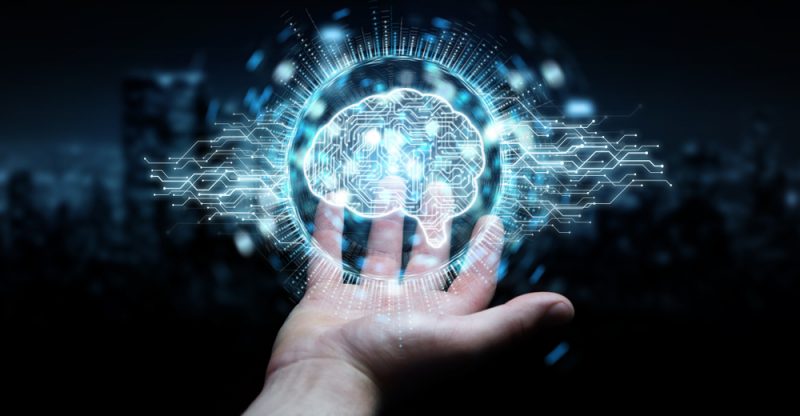Artificial Intelligence, or AI, is a branch of computer science with the goal of making machines that have the capability of reasoning, problem-solving, perceiving, learning, planning, and gaining knowledge, among other aspects. Ultimately, the objective is to create a machine that can think, learn, and behave like a human. Although no machine has been able to effectively pass the Turing test, the branch of computer science has revolutionized the way that businesses use machines to solve complex problems. AI has evolved to a point where industry can incorporate its use to improve many aspects of commerce that require adaptation based on data and knowledge. One such area is Cybersecurity.
-
Growth and Need
Overall, by 2025, the security market will reach a value of $34.81 billion. Much of this growth is a direct consequence of the reliance on internet-driven activities and devices. Furthermore, the lack of professionals in the area of cybersecurity is leading the industry toward developing more AI-based solutions to account for the demand and lack of supply. Much of the industry’s focus is on software, because a large segment of artificial intelligence is dependent on algorithms that handle machine-learning, neural networks, and other concepts. For example, back in 2011, a machine developed by IBM called Watson played Jeopardy and won. However, the victory was based on years of development and the ability to incorporate complex theory. Ultimately, software that used machine-learning took Watson from an advanced knowledge-based searching system to a complex machine that could learn and adapt based on experience. This idea of adaptation and learning is now being used in other industries such as cybersecurity.
-
Emerging and Developing Concepts
Many security experts claim that artificial intelligence, in the cybersecurity industry, is overhyped. However, even with the advances and with the successful implementation in other segments of the economy such as health care, the technology is still in its infancy and hasn’t reached its potential. Currently, AI is being applied to counterterrorism, data mining and threat scanning, automated cybersecurity, simulation training, and forensics, among others places. Industry and government are relying on artificial intelligence to keep their systems safe. For example, the Department of Homeland Security (DHS) is investing resources for a variety of innovations that help with border security and aviation security. As the investment increases, these innovations will continue to improve, thus creating safer systems and protection mechanisms aimed to keep hackers away from mission critical operations and data.
-
Implementing Technologies for Cybersecurity
The use of AI in the security industry is rising. The reason is that the specific benefit of AI-based security systems aligns perfectly with the problems faced by industry. These security techniques reduce false positives, improve overall security spaces, and increases the response speed of security personnel when being attacked. This provides organizations with the ability to implement enterprise security risk management in an area that is complex and highly vulnerable. However, most organizations believe that they are not using their defense mechanisms to their full potential, and this is partly because of a lack of staff with the expertise needed. Therefore, companies whose core competencies do not revolve around IT security need to consider outsourcing or hiring expert consultants to help manage security as an alternative. As the use of Internet of Things devices and internet-based activities increase, the demand and requirement to protect sensitive systems will continue to grow. Businesses that do not adapt to protecting themselves from the increasing threats leave themselves susceptible to public backlash, a loss of reputation, and decreased revenues.





